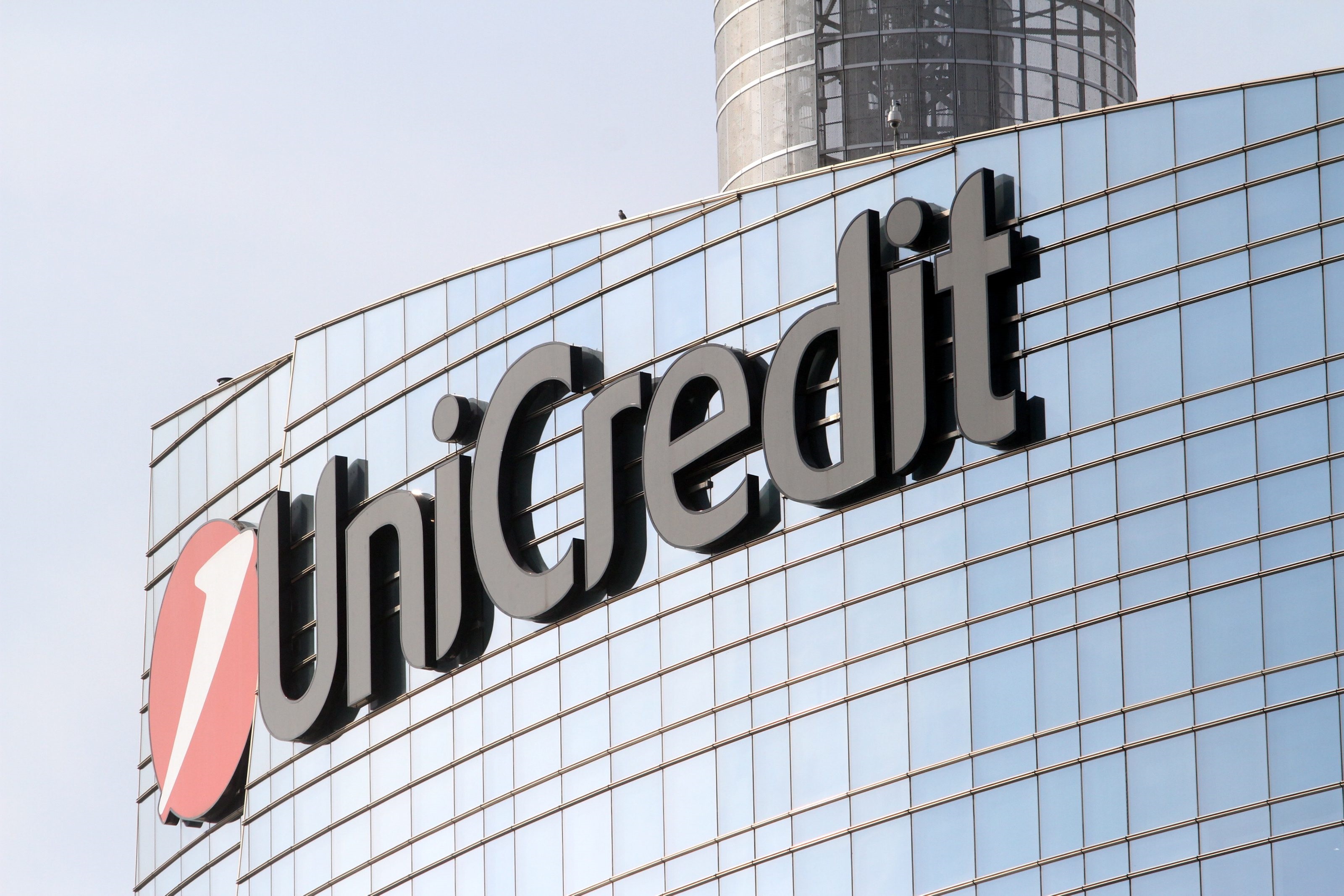All the (failed) plans of Unicredit abroad

How and why Unicredit projects abroad were not realized. The article by Emanuela Rossi
It is still the war in Ukraine that blocks Andrea Orcel's way towards expansion beyond national borders. First the withdrawal from the due diligence on the Russian Otkritie Bank, now – according to the Financial Times – the stop to the talks between Unicredit and Commerzbank for a possible merger. In short, the delays or cancellations of important financial transactions must also be counted among the various damages of the conflict, how fruitful it is to be seen, not to mention the almost 2 billion in write-downs and provisions for exposures in Russia and Ukraine.
Meanwhile, in an interview with Bloomberg Television , Orcel reiterated that “Unicredit was built with a vision and the vision had to be the bank for Europe”.
COMMERZBANK-UNICREDIT INTERVIEWS
According to the economic daily, therefore, the invasion of Ukraine and the outbreak of the war stood in the way of a possible merger between Unicredit and Commerzbank. At the beginning of 2022, explains the Financial Times , Orcel had planned a meeting with his counterpart Manfred Knof to discuss an integration between Commerzbank and Unicredit's German subsidiary, Hvb. This possibility had already been talked about in the pre-Covid era , between 2018 and 2019, when the French Jean Paul Mustier was CEO. The cross-border operation had affected not only the Frankfurt-based group, but also the French Société Generale. If it had succeeded, the second German banking group would have been born, with 785 billion euros of assets, over a thousand branches and 48 thousand employees.
It is a merger – writes the FT – which analysts have looked upon favorably for some time due to the overlaps between the two institutions. In the meantime, however, the war is also acting on another source, namely on that of investors who have begun to distance themselves from the European banking system, precisely because of the risks of relapses linked to the conflict: Radiocor recalls that Capital Group has got rid of large stakes in Commerzbank, Deutsche Bank and Barclays while Capital Research nearly halved its stake in Unicredit.
WHAT DOES EQUITY THINK
However, the transaction does not convince Equita analysts that it can lead to "a high execution risk" because in order to increase earnings per share "it should entail significant cost synergies of 1.5 billion, equal to approximately 15 % of Commerzbank's cost base alone ”. Furthermore, according to Equita, both groups “are currently engaged in the management of
exposures in Russia, an element that adds further complexity to the operation ".
WHAT HAPPENED WITH OTKRITIE BANK
At the end of January Orcel had had to give up his dreams of expansion in Russia. During a conference call with news agencies, the CEO explained that, despite having done "the first stages of the due diligence" on Otkritie, "given the political context we have decided to withdraw". The project, the Roman manager explained, envisaged for Unicredit to become "main shareholders of a larger bank".
Orcel added that his group remained in the country that "is part of our network" and in which "we have always had a presence above our cost of capital". “We are happy with our presence and we are committed to maintaining it – he continued – also because it has no significant impact on our cost of risk, also considering the size of our total assets”.
At the time, according to a Credit Suisse study , Unicredit was the third most exposed European bank to Russia, after the Austrian Raiffeisen Bank International and the French Société générale and has seventy-nine branches in the country, four thousand employees and 1,500 corporate clients.
THE ORCEL-THOUGHT ON THE M&A FRONT
In an interview with Bloomberg Television Orcel put forward his thinking on the merger and acquisition front. "Unicredit was built with a vision and the vision had to be the bank for Europe …" said the CEO who in support cited the banking union which, once completed, will make it easier to carry out cross-border mergers. and the capital markets union. The manager then highlighted how its presence in 13 countries places Unicredit "in a unique position" to forge closer financial ties in the EU. And speaking of strategies and “movements” Orcel clarified: “We want to strengthen our position within our perimeter. If we find acquisitions that make strategic sense, strengthen our position, accelerate the plan we have in the individual country or in the customer segments we have and this can be done on attractive terms, we will do so ".
On the Russia-Ukraine front, it has thrown water on the fire after almost 2 billion in write-downs and provisions for exposures. "We must remember that 95% of the bank is not in Russia – he noted -. And we cannot make the mistake of devoting all our time to Russia. We have a dedicated room with fully engaged professionals. The rest of the team is focused 105% or 110% on executing the rest of the equation. " Finally, as regards Unicredit's "options" on the subsidiary in Russia "they are very influenced by the next wave of sanctions, by who the counterparties are, by what we can do, by what we cannot do".
This is a machine translation from Italian language of a post published on Start Magazine at the URL https://www.startmag.it/economia/tutti-i-piani-falliti-di-unicredit-allestero/ on Wed, 18 May 2022 11:47:54 +0000.
